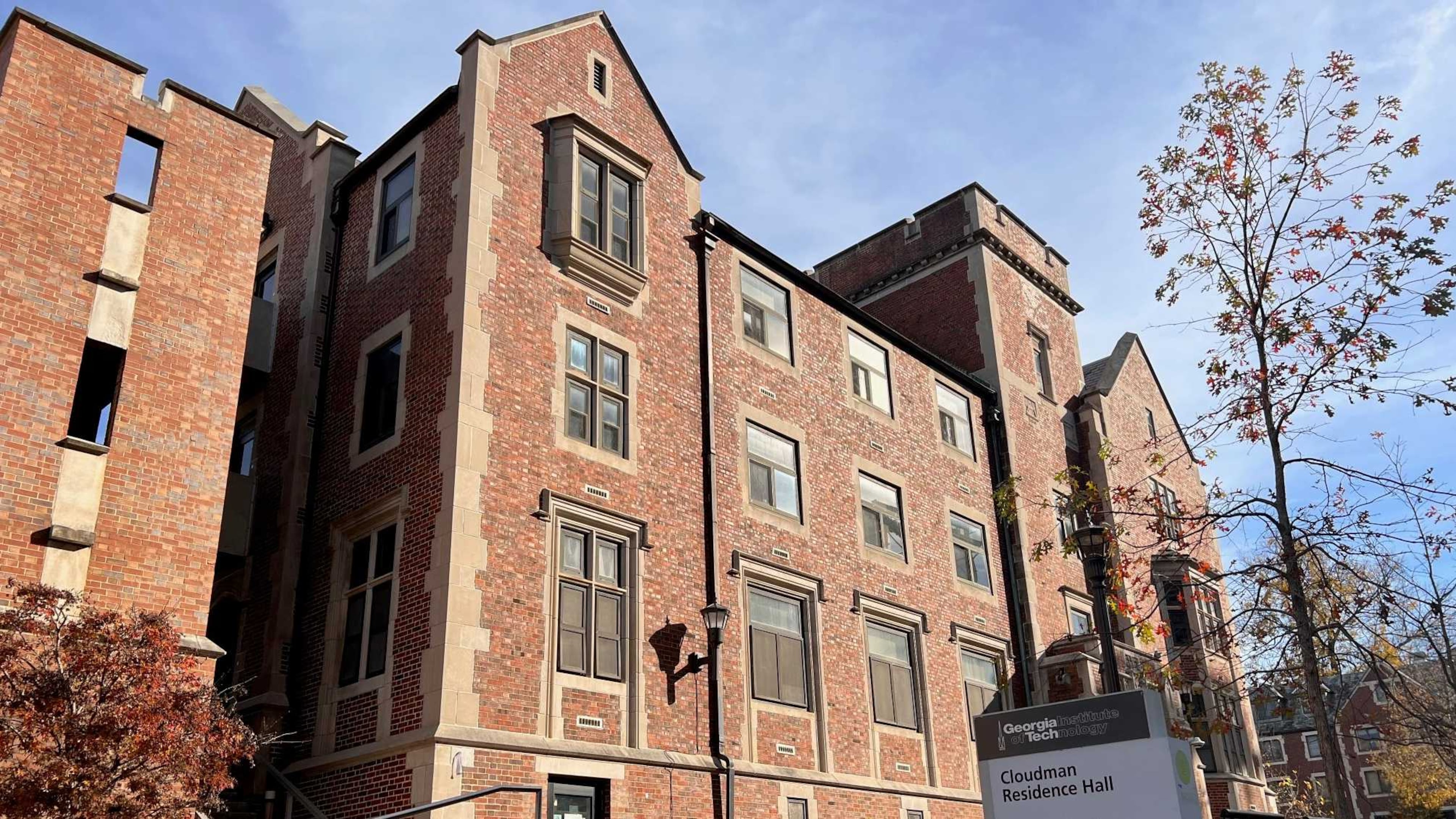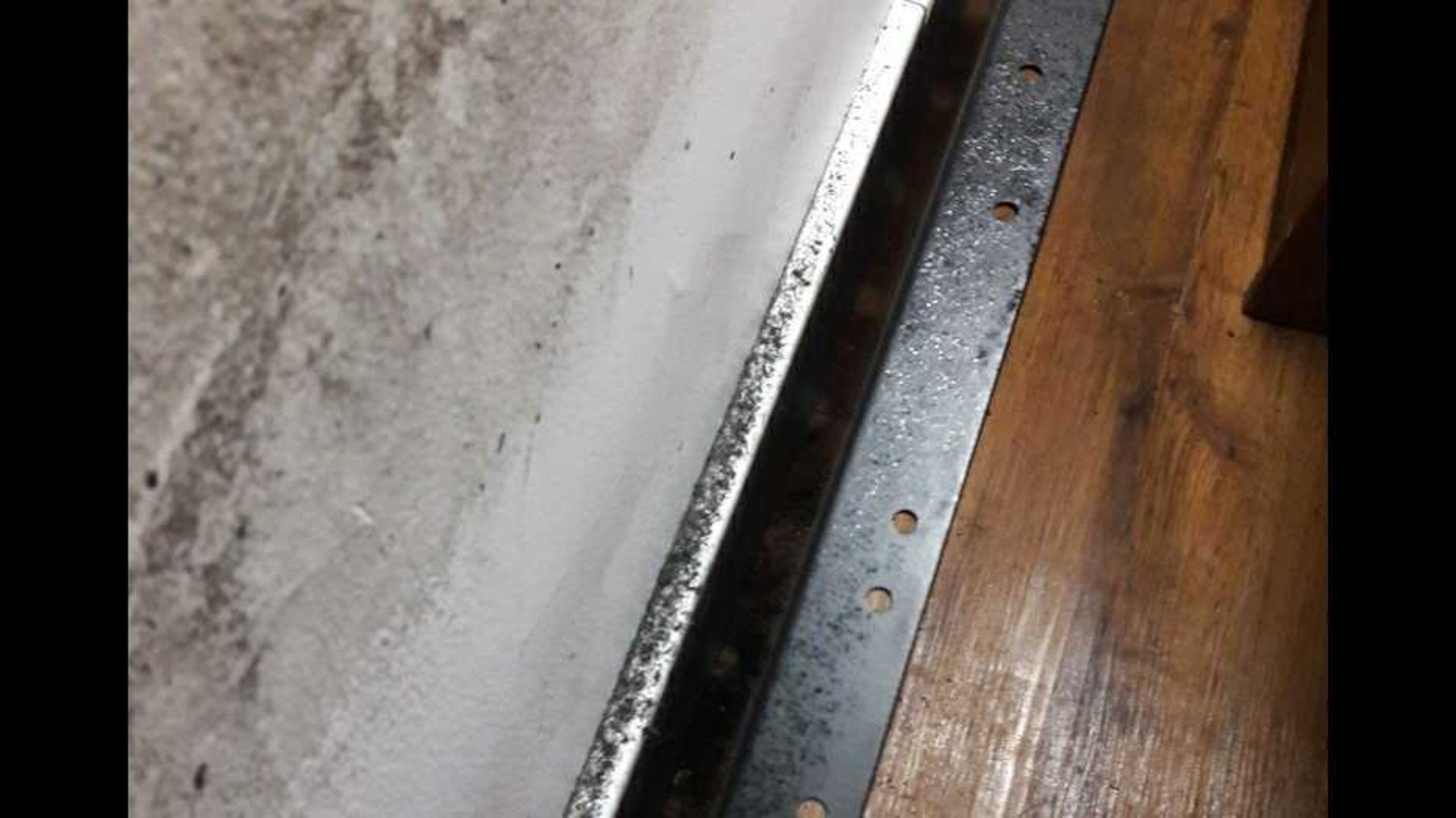Campus housing causing health concerns, Georgia students, parents say

The University of Georgia student came to campus this semester with everything she was told she’d need for her first semester of college, including an air purifier.
The student, who lives in Hill Hall, and many others say they’re often sick inside their dorms. They believe the illnesses — intense coughing, severe sore throat, congestion — are a result of substandard housing conditions from rooms that are improperly ventilated or old.
They also complained the school was slow in replacing air filters. One Facebook page created by a UGA parent includes multiple complaints from parents of mold and dirty air filters. Some students said they are taking antibiotics. Air purifiers have somewhat helped the student and others.
“A lot of people are dealing with uncomfortable living conditions,” said the student, who’s had ongoing coughing issues. The Atlanta Journal-Constitution is withholding the name of this student and others who feared retaliation for speaking publicly.

UGA officials told the AJC they have received 244 reports of potential mold since the start of the fall semester. In most instances, officials said they did not find mold. When mold was discovered, officials said it was immediately addressed.
In October, after heavy rains, they found mold growing on water pipes in Hill Hall. Students were notified that air quality tests found the mold present was “common, everyday molds” and the insulation on the pipes of air conditioning units were being replaced.
At Georgia Tech, officials blamed reported mold inside Cloudman Hall on a leak that allowed rainwater to seep inside the building. Work crews placed air scrubbers throughout the building to purify the air while ongoing repair work was completed, a spokesman said. Georgia Tech officials declined to answer additional questions.
Parents and students say the problems are indicative of longstanding issues, primarily in older buildings on the campuses, that need long-term solutions, such as renovations. Many were built in the 1960s and some haven’t had upgrades since the 1990s.
The problems aren’t entirely new. Georgia State University briefly moved 60 students from housing on its Atlanta campus two years ago after mold was discovered in some rooms. Some say the complaints are more frequent this year in part because students and parents are paying more attention to their health in the wake of the coronavirus pandemic.
For now, they want the schools to better check air filters, air conditioning and HVAC systems as well as a deep cleaning of floors, walls for dust and grime as well as mold and bacteria. UGA officials said heating and air filters are cleaned or replaced either quarterly or twice a year.
Rebecca Etheridge, the mother of a UGA student who created the Facebook page, wants an agency to inspect the dorms.
“Fresh eyes and those of experts would be best at this point,” said Etheridge, whose daughter has had breathing issues.
Complaints about substandard student housing conditions are nationwide. Students at Howard University, a historically Black college in Washington, D.C., recently staged a month-long protest to address ongoing concerns about mold and other issues.

Etheridge, like many parents, has had multiple conversations with UGA officials about her concerns.
One Georgia Tech student said the school put him in another dorm for a few days last school year after he spotted mold behind his desk in his room.
“I honestly think they should put more money into renovations,” he said.
UGA last year completed a $54 million renovation of Brumby Hall, which has been a source of many complaints. Construction of a new residence hall is scheduled to be completed by July.
Meanwhile, students grappling with the health issues say they’ll push through.

A nationwide problem
Many colleges and universities in Georgia and across the nation have decades-old dorms that are in need of renovations. One recent analysis found that schools spend about $37 billion annually to operate and maintain buildings, but there’s a $112.3 billion maintenance backlog. The study was done by the company Gordian, and APPA Leadership & Educational Facilities, an association that represents more than 1,300 colleges and universities worldwide.
U.S. Sen. Jon Ossoff, D-Ga., is a sponsor of the Ignite HBCU Excellence Act, which would authorize funds to “utilize public and private investments to renovate, repair, modernize, or construct new campus facilities, including instructional, research, and residential spaces.”



